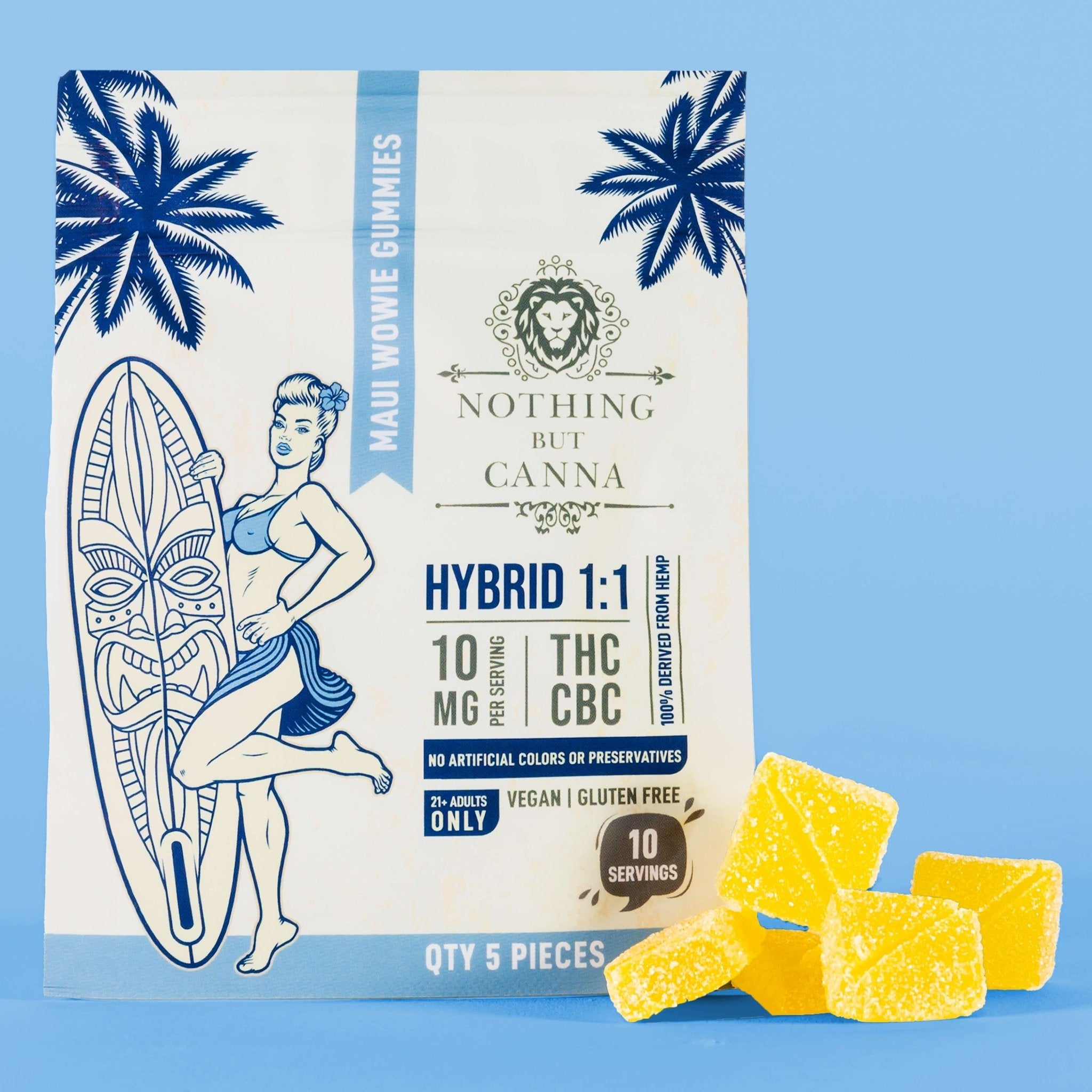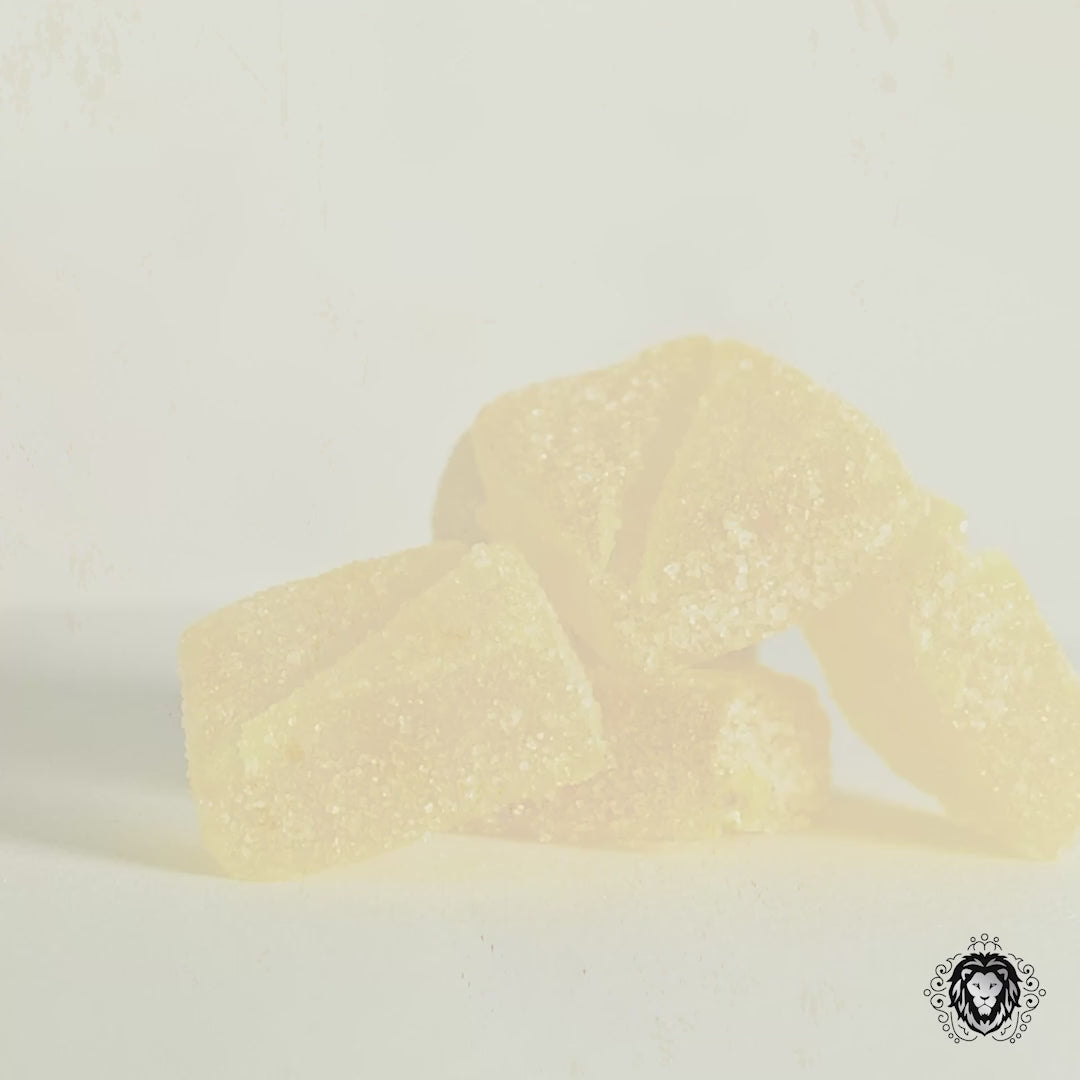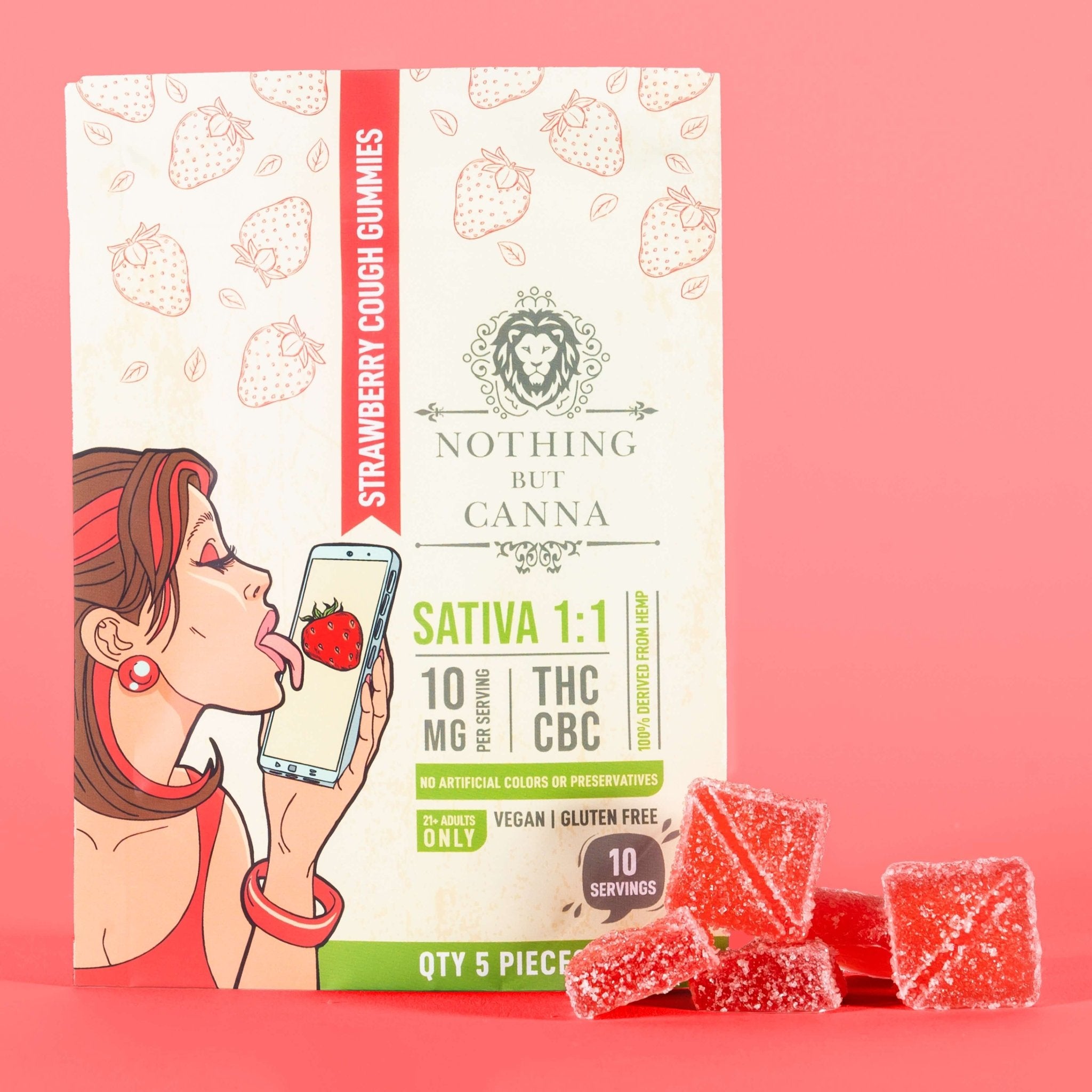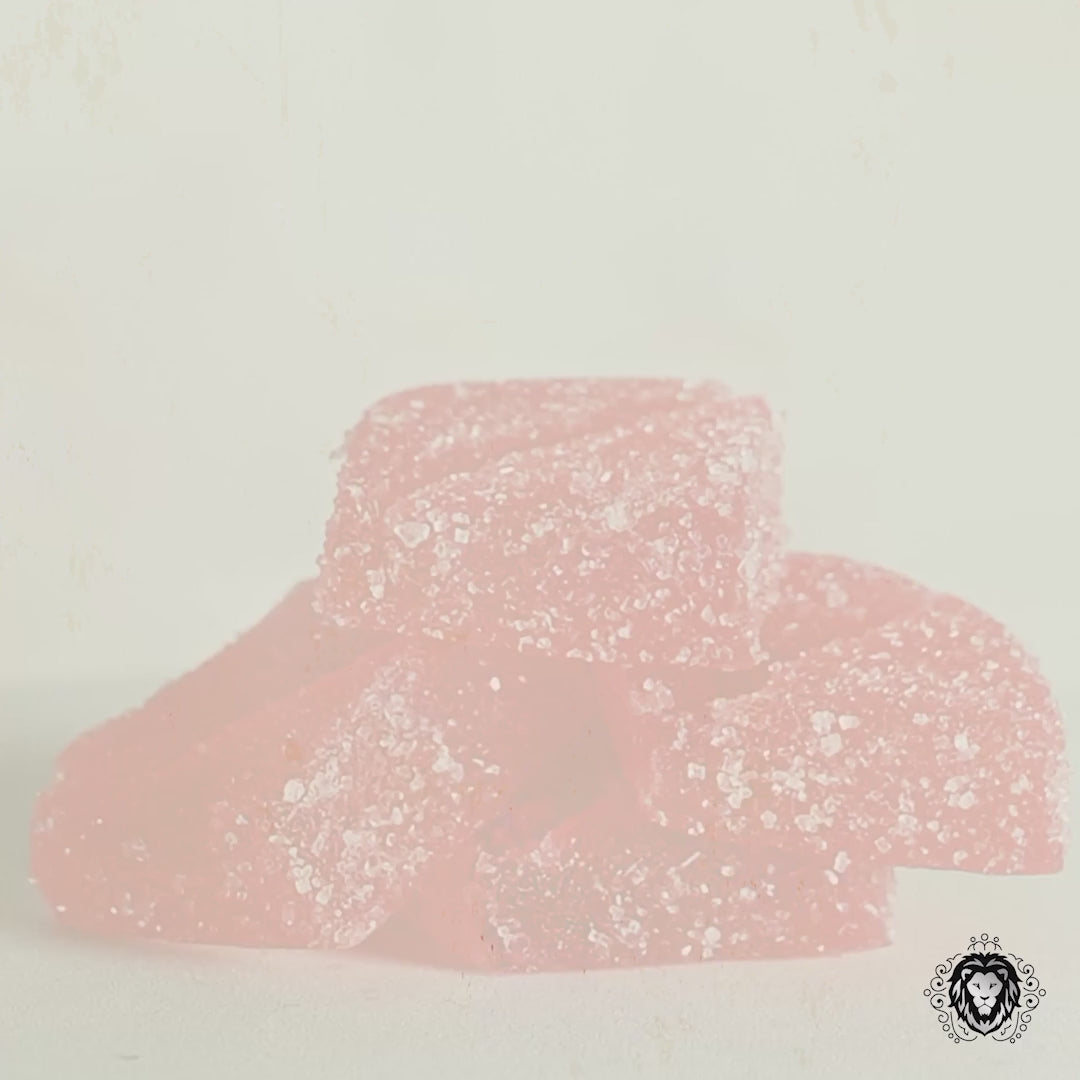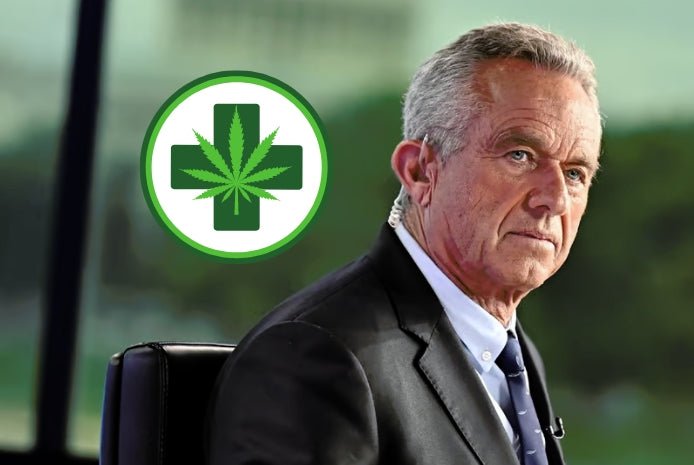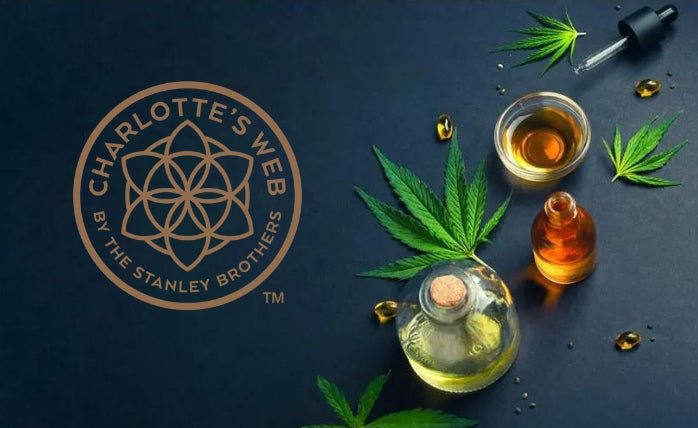The regulatory agencies cited the business for marketing products designed to specifically attract children.

The saga over what to do with products containing the controversial delta-8 THC cannabinoid added another chapter to its seemingly never-ending story this week. According to numerous local and national media outlets, the U.S. Food and Drug Administration (FDA) and the Federal Trade Commission (FTC) sent cease and desist letters to six companies currently selling delta-8 THC products “in packaging that is almost identical to many snacks and candy children eat.”
The two regulatory agencies teamed up to target the six businesses for unlawfully marketing “copycat” delta-8 THC items that are intentionally and misleadingly packaged to mimic popular brands like Jolly Ranchers, Doritos, Nerds Candy and Cheetos.
Typically the FDA and FTC have only taken actions like this against companies selling products containing CBD or delta-8, whose packaging or claims center on significantly misleading medical benefits. However, this latest action by the two enforcement bodies focuses on two different areas of federal law.
First, they allege the businesses violated the Federal Food, Drug and Cosmetic Act (FDCA) by attempting to market products containing the still unapproved delta-8 tetrahydrocannabinol “additive.” Finally, they detail “copycat” products, which they assert are packaged in a manner similar to popular brands designed to appeal to children and could potentially lead to accidental consumption.
FDA Principal Deputy Commissioner Janet Woodcock said in a press release on Wednesday, “Children are more vulnerable than adults to the effects of THC, with many who have been sickened and even hospitalized after eating ‘edibles’ containing it. That’s why we’re issuing warnings to several companies selling copycat food products containing delta-8 THC, which can be easily mistaken for popular foods that are appealing to children and can make it easy for a young child to ingest in very high doses without realizing it.”
"Children are more vulnerable than adults to the effects of THC, with many who have been sickened and even hospitalized after eating ‘edibles’ containing it. That’s why we’re issuing warnings to several companies selling copycat food products containing delta-8 THC, which can be easily mistaken for popular foods that are appealing to children and can make it easy for a young child to ingest in very high doses without realizing it.”
- FDA Principal Deputy Commissioner Janet Woodcock
The companies named by the FTC are:
- Delta Munchies in Los Angeles.
- Dr. Smoke, Kansas City, Missouri.
- Exclusive Hemp Farms, Gilroy, California.
- The Haunted Vapor Room, in Franklin, New Jersey.
- Nikte’s Wholesale, Albuquerque, New Mexico.
- North Carolina Hemp Exchange, Raleigh, North Carolina.
Since the passage of the 2018 Farm Bill, which legalized the cultivation of hemp as well as the manufacture and sale of hemp-derived products, the issue of what to do with “designer cannabinoids” like synthetically produced delta-8 THC has significantly complicated the still young and developing hemp industry.
Delta-8 is a naturally occurring isomer of the better-known delta-9 THC cannabinoid. Both variants occur naturally in the cannabis sativa plant, which contains hemp (the part containing less than 0.3% delta-9 THC) and marijuana (the part containing more than 0.3% delta-9 THC).
However, in recent years, certain creative and legally dubious companies have begun chemically manipulating the production process to produce a delta-8 variant with extremely potent intoxicating effects. Using a synthetic process involving hemp-derived CBD, these businesses have started manufacturing predominantly unregulated delta-8 items, leading to numerous incidences of consumers becoming ill after ingesting the products. And in one terrible case, a Virginia toddler died after eating some delta-8 THC gummies.
Incidents involving children and teens ingesting products containing delta-8 are the primary drivers behind this recent round of warning letters. Samuel Levine, director of the FTC’s Bureau of Consumer Protection, said, “Marketing edible THC products that can be easily mistaken by children for regular foods is reckless and illegal. Companies must ensure that their products are marketed safely and responsibly, especially when it comes to protecting the well-being of children.”
"Marketing edible THC products that can be easily mistaken by children for regular foods is reckless and illegal. Companies must ensure that their products are marketed safely and responsibly, especially when it comes to protecting the well-being of children.”
- Samuel Levine, Director of the FTC’s Bureau of Consumer Protection
Additionally, due to the public health concern over delta-8, 14 states have banned all products containing the cannabinoid, and several others have imposed significant sanctions on the worrisome variant.
However, many industry activists and stakeholders feel these types of efforts by the FDA and FTC are largely window dressing and ineffectual. Instead of devising and implementing regulatory guidelines for hemp-derived products like CBD and delta-8, officials have taken the less complicated and impactful road of issuing warning letters over developing an effective monitoring infrastructure.
Only willing to take more impactful steps once Congress clarifies the legality of these products via legislation, the FDA and FTC have effectively washed their regulatory hands of the issue despite the heavy criticism and calls to action by influential lawmakers and the hemp industry. However, one potential sign of optimism on the horizon could be the upcoming renewal of the Farm Bill.
Lawmakers are currently debating the almost $1 trillion spending package, and many industry watchers hope they address the lingering issues leftover from the 2018 version, particularly glaring items like how to properly regulate the economic development and safety of the hemp industry and products like CBD and delta-8.

































